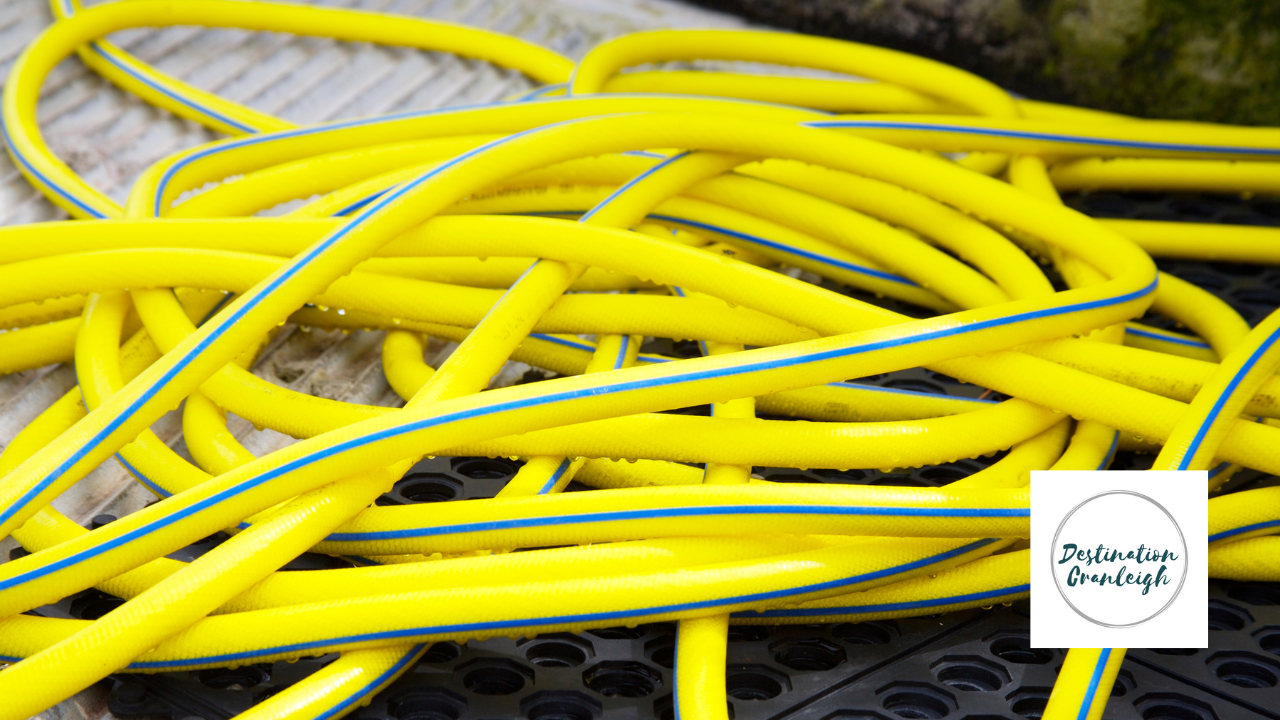Cranleigh Could Face A Hosepipe Ban – Here’s What You Need To Know

Cranleigh could face a hosepipe ban this summer following an extended period of low rainfall.
Thames Water has warned customers across the region that they could introduce a hosepipe ban if more rain does not fall.
The water supplier has around 15 million customers in the Thames Valley and London and has recently experienced extremely high demand for water.
They warn that their reservoirs are ‘below average’ for the time of the year, following an absence of rainfall in recent months.
Water levels in rivers and underground aquifers are also lower than expected.
In response to low water levels across the region, Thames Water is asking its customers to use water wisely, allowing supplies to be maintained for all.
Between May and July, the Thames Valley and London experienced around 65% of the expected amounts of rain.
Combined with the highest demand for water in more than a quarter of a century, the system has additional stress.
Thames Water and other water companies are limited in how much water they can extract from rivers and aquifers before damage is caused to the natural environment.
A hosepipe ban has already come into force for residents in parts of Hampshire and Berkshire, with other parts of the country expected to follow.
Whether Cranleigh sees a hosepipe ban will depend on rainfall in the next few weeks.
However, after the driest July on record, that rainfall would need to be above average to avoid restrictions.
Met Office figures show that England has experienced its driest eight-month period from November 2021 to June 2022 since the severe drought in 1976.
In the past eight months, only 421mm of rain has fallen across England, 74% of the average between 1991 and 2020.
The South East of England had 24 days of zero average rainfall between the start of June and the 24th of July.
A Thames Water spokesperson said:
The recent heatwave and extreme heat has resulted in extremely high demand, some of our highest for over 25 years. Our teams have been working 24/7, during incredibly hot conditions, to maintain supplies to customers, ensuring the output of our supply systems are running at maximum capacity.
At times the demand can outstrip our capacity to treat water and hence we have been promoting the need to use water wisely to ensure we can maintain supplies for all.
Looking slightly longer term, our reservoirs have fallen below average for this time of year. This is due to the fact that nine out of the last 11 months have been drier than average with underground aquifers and flows in the rivers, which we rely on for water, also lower than expected for this time of year.
Over the last three months, our area received only 65 per cent of the average rainfall, with similarly low levels of rainfall over the preceding winter and spring period.
Whilst we’re not currently expecting to need to introduce restrictions on water use this summer, we know the water we have stored in our reservoirs will continue to reduce, so if we do not receive around or above average rainfall in the coming months this will increase pressure on our resources and may indeed result in the need for more water saving measures including restrictions.
What steps are you taking to reduce your water consumption this summer? Join the discussion on our Facebook Page:
